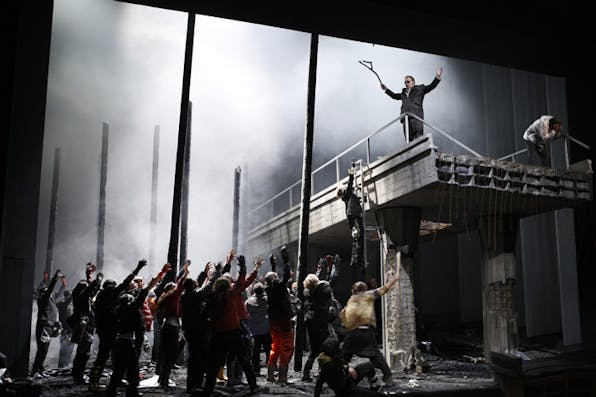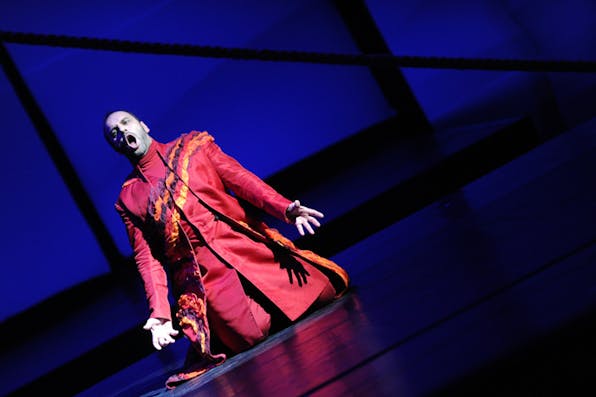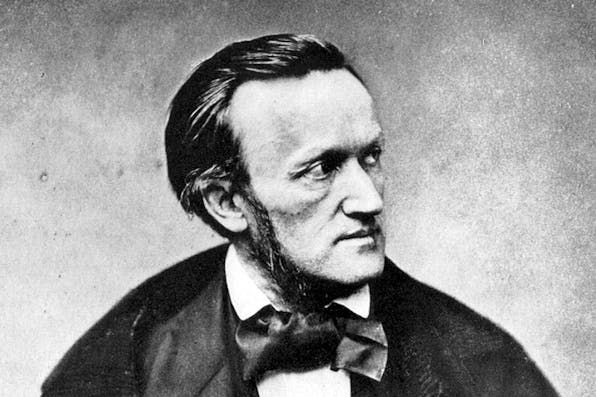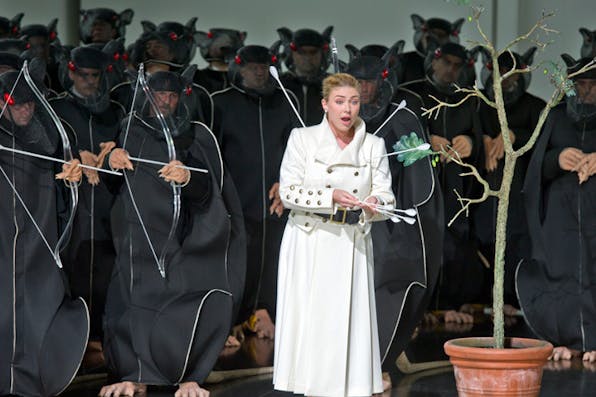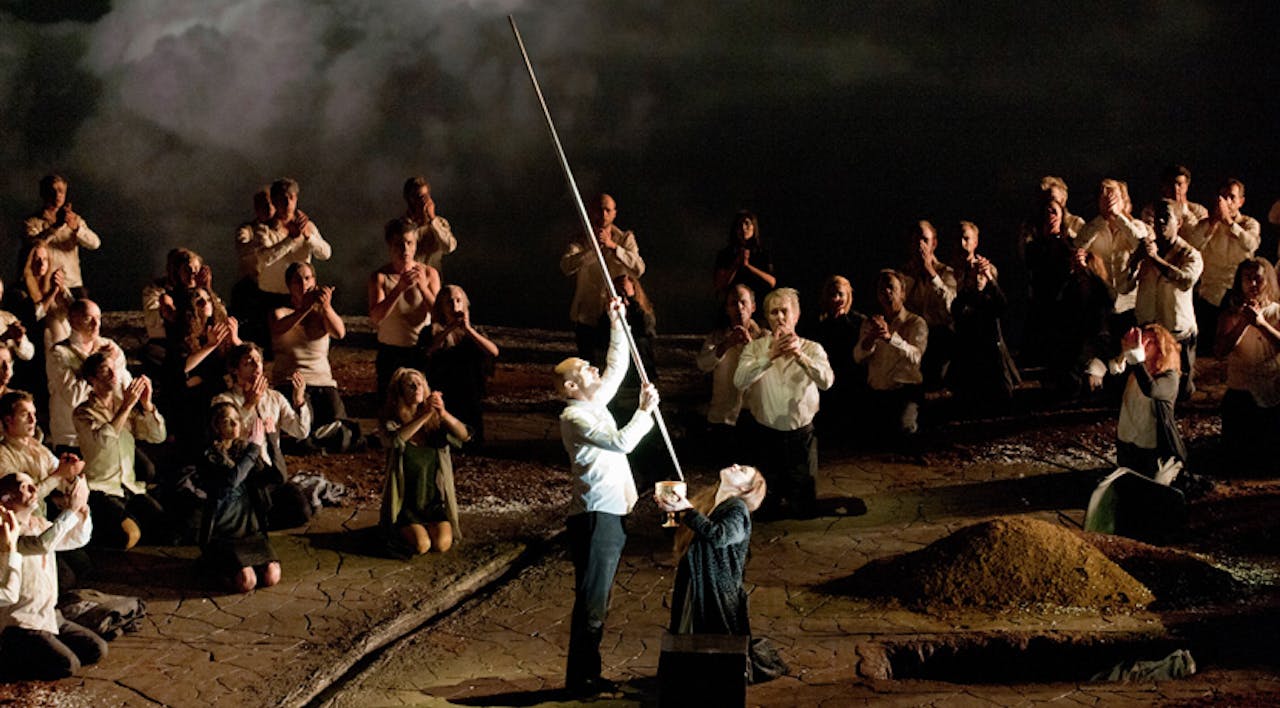
January 2015
Wagner and the Jews
Two centuries later, the composer’s anti-Semitism remains contested—and still not fully understood.
In 2013, as the classical-music world lurched from crisis to crisis, with orchestras on strike and opera companies vanishing into thin air, the bicentennial of the birth of the towering German composer Richard Wagner (1813-1883) offered a brilliant exception to the prevailing gloom. Productions of his operas filled houses from Seattle to Buenos Aires, and the great companies of Europe and the United States vied to present ever grander stagings of the colossal 15-hour cycle Der Ring des Nibelungen. At a time when so many preeminent musical institutions are collapsing into bankruptcy or labor disputes, Wagner is one institution that seems to endure.
Yet Wagner’s powerfully continuing appeal in terms of dollars spent and seats filled is only a part, and the less important part, of his enduring significance. Wagner has always been remarkable not only for the breadth but for the depth of his impact, a depth that can be measured both by the intensity of the devotion that his works inspire and by the fact that his devotees have included many of the intellectual and political elite of Western society. When his fame was at its zenith in the latter part of the 19th century, his most fervent admirers were as varied as the young Friedrich Nietzsche, the poet Charles Baudelaire, and King Ludwig II of Bavaria, who helped to bankroll Wagner’s great festival in the northern Bavarian town of Bayreuth.
Today the Bayreuth festival, dedicated exclusively to Wagner’s works, stands at the apex of German cultural life, counting Chancellor Angela Merkel among its regular guests, while the years surrounding the recent bicentennial witnessed an outpouring of reflections on and encomia to the composer from figures as divergent as the Marxist philosopher Slavoj Žižek and the Pope.
